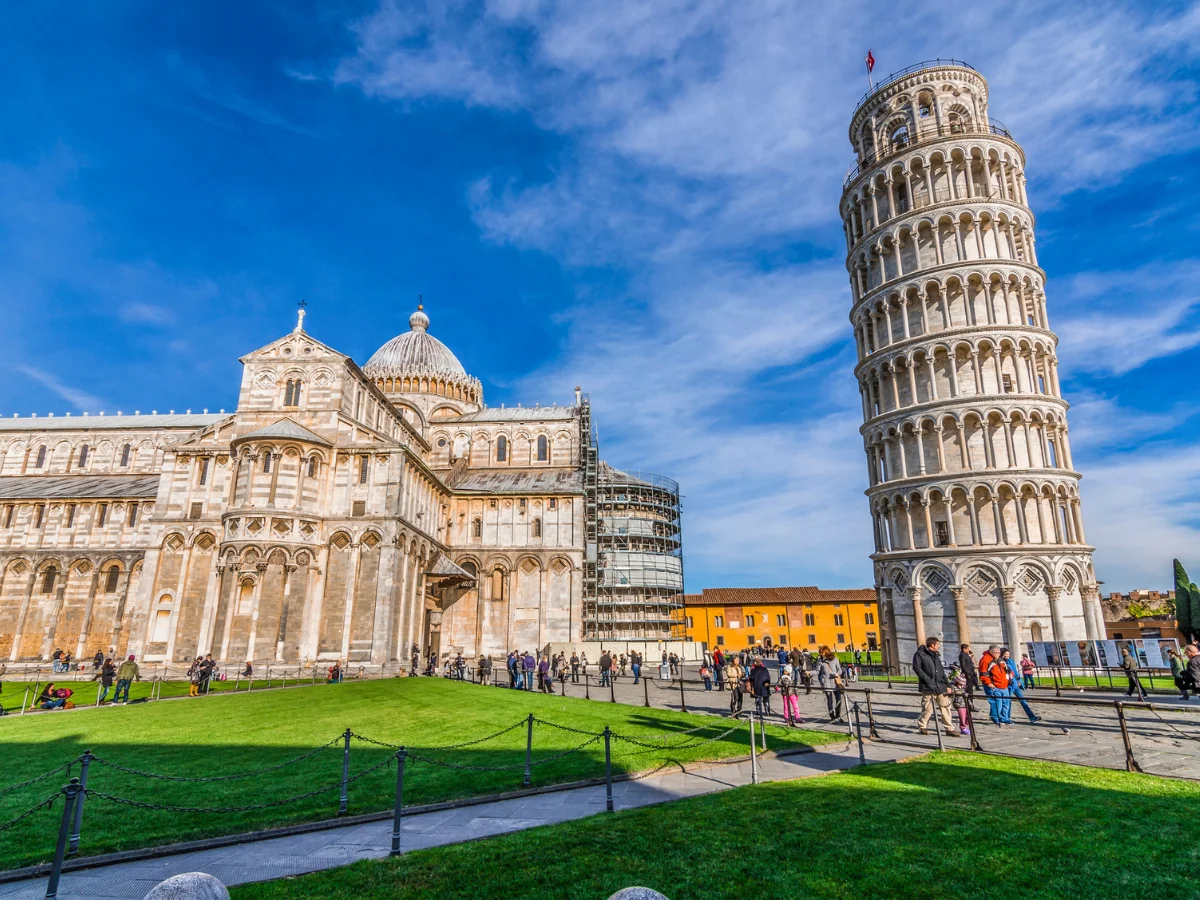Latin literature is a cornerstone of Western culture
Latin literature is a cornerstone of Western culture and thrives with diverse genres and themes. Renowned writers like Virgil, Ovid, and Cicero left indelible marks on its landscape. Epic poetry, lyric poetry, drama, and prose abound, exploring patriotism, love, ambition, and morality. The legacy of Latin literature resonates across time, influencing Western literature profoundly. Dante, Shakespeare, and others drew inspiration from its rich tapestry. Its themes transcend borders, offering timeless insights into the human condition. From the grandeur of the Aeneid to the wit of Plautus, Latin literature captivates, educates, and inspires, showcasing the enduring power of words.

The Latin literature is a cornerstone of Western culture
Exploring the Richness of Latin Literature
Introduction to Latin Literature
Latin literature, a cornerstone of Western civilization, emerged from the vibrant cultural milieu of ancient Rome. It encompasses a diverse range of genres, styles, and themes that reflect the values, beliefs, and experiences of the Roman people.
Foundations of Latin Literature
Rooted in the traditions of Greek literature, Latin literature began to flourish during the Roman Republic, with writers like Livius Andronicus and Ennius adapting Greek forms to the Latin language. As Rome evolved into an empire, Latin literature reached its zenith, producing renowned poets, historians, and orators.
Major Genres and Writers
Epic Poetry: Virgil’s Aeneid stands as the epitome of Latin epic poetry, weaving a grand narrative of Rome’s mythical origins and destiny. Ovid’s Metamorphoses dazzles with its tales of transformation and metamorphosis, showcasing the poet’s mastery of myth and storytelling.
Lyric Poetry: The tender verses of Catullus express a range of emotions, from love and desire to friendship and loss. Horace’s odes capture the essence of Roman life, celebrating love, wine, and the pleasures of the moment.
Drama: Playwrights like Plautus and Terence brought comedy to the Roman stage, delighting audiences with their witty dialogue and timeless humor. Seneca, known for his tragedies, explored themes of fate, morality, and the human condition.
Prose: Cicero’s eloquent speeches and philosophical treatises exemplify the art of rhetoric and political discourse in ancient Rome. Tacitus’s historical works offer a penetrating analysis of power, corruption, and the decline of the Roman Empire.
Themes and Motifs
Latin literature reflects the values and concerns of Roman society, including patriotism, duty, honor, and the pursuit of glory. Themes of love, betrayal, ambition, and the passage of time recur throughout its corpus, resonating with readers across the ages.
Legacy and Influence
The legacy of Latin literature extends far beyond the boundaries of the Roman Empire, shaping the development of Western literature and culture. Its influence can be seen in the works of Dante, Shakespeare, and countless other writers who have drawn inspiration from the rich tapestry of Latin letters.
Conclusion
In its breadth and depth, Latin literature continues to captivate and inspire readers, offering a window into the soul of ancient Rome and the timeless truths of the human experience. From the heights of Mount Olympus to the bustling streets of Rome, its words echo through the corridors of history, reminding us of the enduring power of literature to illuminate, educate, and enchant.



